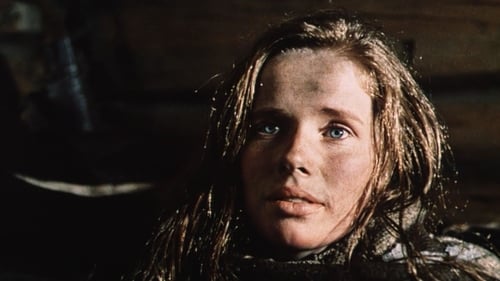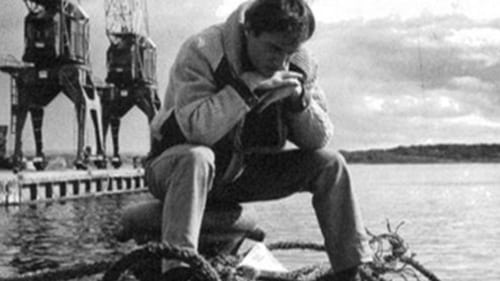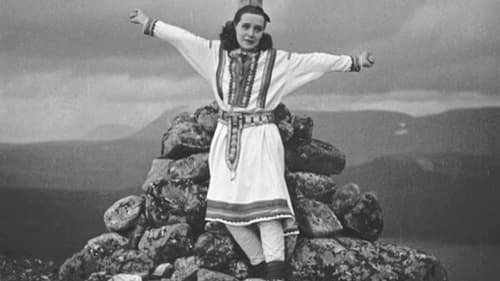
Lensmann
In Norway in the 1600s, An-Magritt is born as the result of a rape.

Fengselsvakt
Tonny is a school boy in foster care who serves his first sentence in jail. We follow him 24 hours before his parole and 48 hours after his release. We get to see his experiences in prison and his relationship with his mother, friends and girlfriend Kari.

Koren
Brothers Ola and Jon waiting for his father's new boat to go out fishing for herring. The father has invested a lot of money in the boat and is hoping for the big catch, but Ola is heartbroken and goes on a drinking binge.

Flyttemannen
Bitten and Ola seeks out the priest who married them in order to get mediated before they file for a divorce. As they recount the history of their marriage, it becomes clear that the two has differing opinions of what caused their dissension.

Reidars father
The movie takes place on Oslo's east side sometime during the twenties. It depicts the workers' environment by traditional elements like unemployment, strike, poverty, alcoholism, absent fathers, wise and tired mothers, the dream of a better life and the friendship between the boys in the street.

En bonde
The Swedish blacksmith Jörund, who left Sweden innocently suspected of murder, arrives at a Norwegian farm and falls in love with the farmer Marja.

Larsen, a hotel owner
The film deals with poverty in Oslo in the 1930s

Sjåfør

Lensmannen
Based upon true events and the novel by Gabriel Scott about terrible conditions in a foster family.

Lumberjack
An interesting look into 1931, a year of unemployment and misery in the forests of Norway. The movie is important as both film history and social portrayal. We get insight into working conditions class differences between loggers and forest owners. Based on the events of the Julussa conflict the movie depicts early labour organization, unity and strike.

Handelsmann Lind
A story of Lap herders who rescue a baby from a herd of wolves and name her Laila (played by Aino Taube as an adult). The pictorial beauty of the country is complimented by action shots of wolves and reindeer.

Lensmannen

The film was commissioned by the Workers' Information Association to motivate rural voters to vote.

Hansen, forvalter

Andersen, grossereren
Norwegian comedy from 1932, based on the play by Gideon Wahlberg of the same name.

Fenriken
Based on the Norwegian fairytale.

Den store barnedåpen (English: The great christening) is a 1931 Norwegian comedy film directed by Tancred Ibsen, starring Einar Sissener, Aase Bye and Agnete Schibsted-Hansson. It was the first feature-length Norwegian sound film. The lacklustre Harald (Sissener) is taken in by Alvilde (Bye), and charged with looking after her bastard child. It soon dawns on both of them that Harald has more potential than previously assumed.

Styrmannen
Jack Norton is a careless gambler, until his father turns his back on him. Dead drunk he winds up on a boat going far up North, where he leaves the boat, only to be saved by Eskimos, where he soon falls in love.

C.O. Lind, handlesmann
Ranged across several generations, the story begins with a wealthy merchant, Lind, and his wife travelling in the coldest depths of winter to christen their baby daughter. Attacked by wolves, they lose the baby, which is found by the Lapp Jaampa (a dominating performance by Tryggve Larssen) and subsequently raised by a rich reindeer herder,

Based on a play by Harold Pinter.











